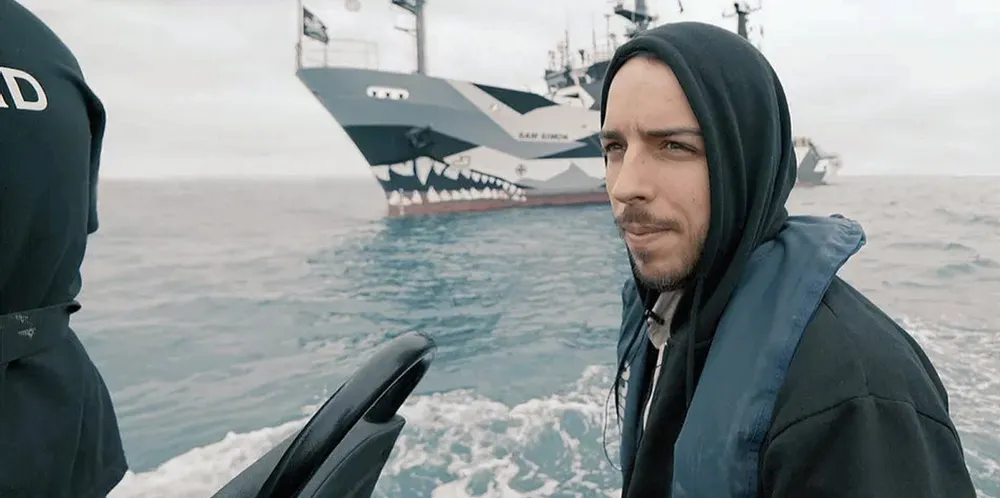From Greenpeace to Nutreco to ASC, groups find much to criticize about 'Seaspiracy'
Several influential executives in the seafood industry used their own platforms to refute the claims made in the documentary.

Several influential executives in the seafood industry used their own platforms to refute the claims made in the documentary.
